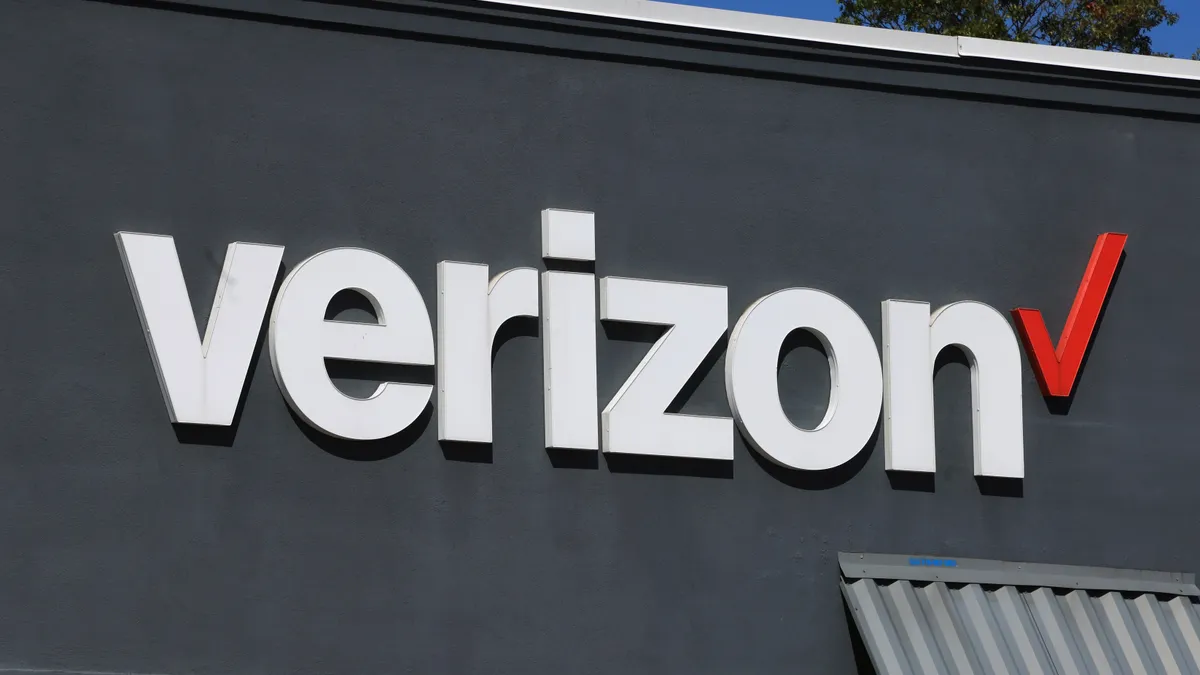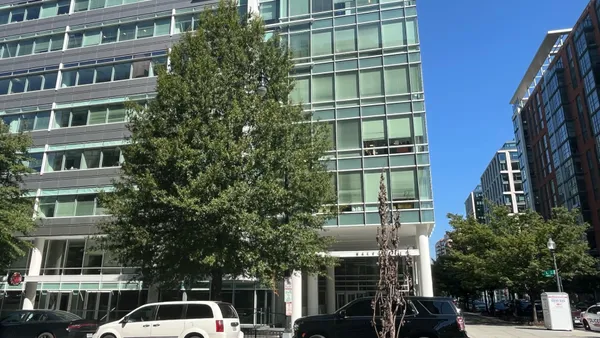Dive Brief:
- A Black former Verizon Wireless store employee who was fired after he twice used an anti-Black slur at work did not have a viable discrimination claim against the company, a Pennsylvania federal judge held Wednesday.
- Verizon allegedly fired the employee in Murray v. Verizon Wireless, LLC for using the slur under his breath “after an apparently frustrating but fairly innocuous conversation” with a White male co-worker. According to the decision, an African-American co-worker reported the incident to an HR representative, as did the plaintiff. Verizon cited his use of the slur as the reason for the firing.
- The plaintiff claimed that the firing constituted wrongful termination and race-based discrimination under Title VII of the 1964 Civil Rights, as well as Pennsylvania state law. The judge sided with Verizon, holding that the plaintiff had no evidence that his firing was due to race or ethnicity and could not show that he engaged in protected activity.
Dive Insight:
In the court’s analysis, Judge Gail Weilheimer noted the plaintiff did not allege that the decision-makers behind his termination made racist comments, treated employees of one race better than another or harbored other prejudiced beliefs.
Instead, he alleged that Verizon’s policy of disciplining employees who use racial slurs was ambiguous and that other African-American employees who used the same slur received written warnings rather than termination. However, Title VII does not require an employer to treat all employees the exact same way, Weilheimer said; “Rather, it only demands that any differences in treatment not be based upon a protected attribute.”
The judge also said that the plaintiff implicitly claimed that Title VII permits employees to use any slur that applies to their own protected characteristics. But individual class members have their own level of sensitivity, she continued, and such language could reasonably offend anyone.
“The results of such a rule would be impossible to apply,” Weilheimer wrote. “How is a manager to know whether the person who just used an anti-Semitic slur is Jewish, or who used a homophobic slur is homosexual? The questioning required to get to the bottom of those sorts of determinations would be sure to lead to more discrimination, not less.”
Recent case law has produced mixed results for employees who allege discrimination over the use of racial slurs by others in the workplace. In 2024, a Louisiana federal court held that a plaintiff’s alleged overhearing of one co-worker calling another a racial slur did not rise to the level of harassment, in part because the plaintiff was not the target of the slur. And last month, a Michigan federal judge found that a manager’s use of a single ethnic slur was insufficient to show that the plaintiff faced unlawful discrimination.
Conversely, the 5th U.S. Circuit Court of Appeals held in a 2022 decision that a single incident of harassment, if sufficiently severe, can give rise to a viable claim under Title VII.
















